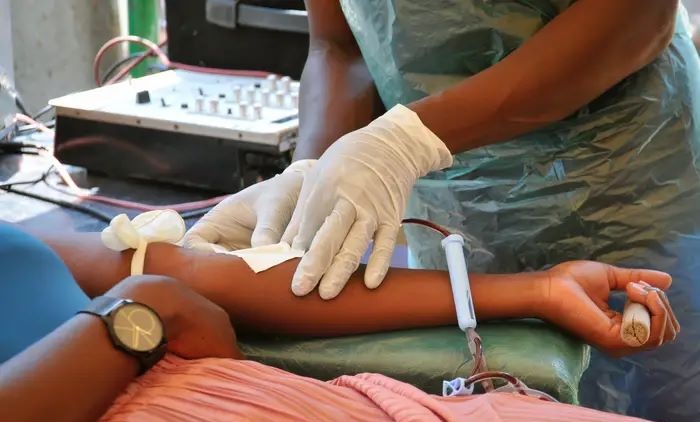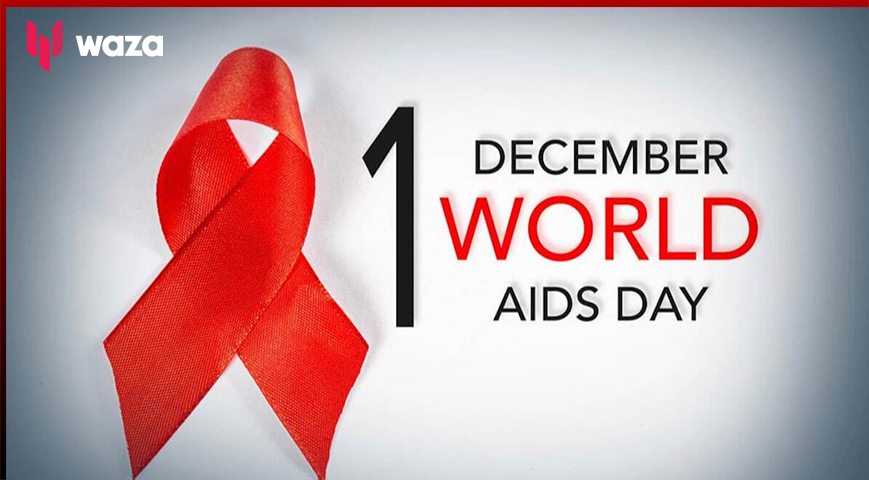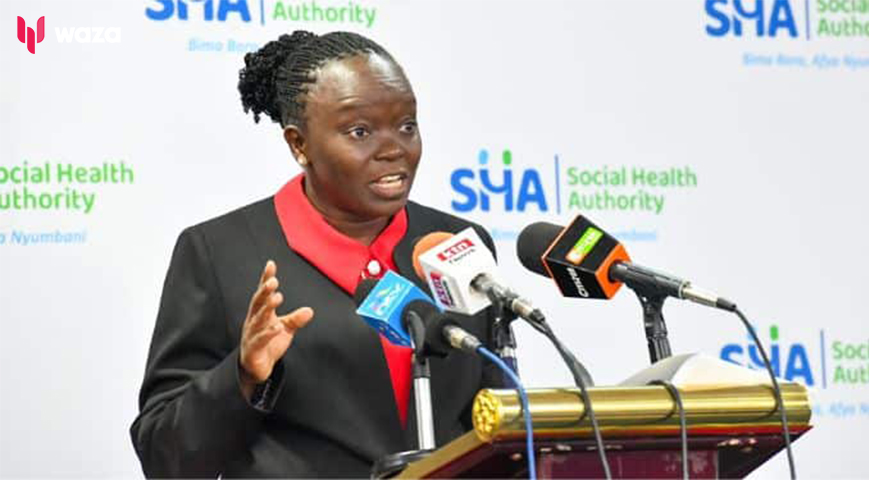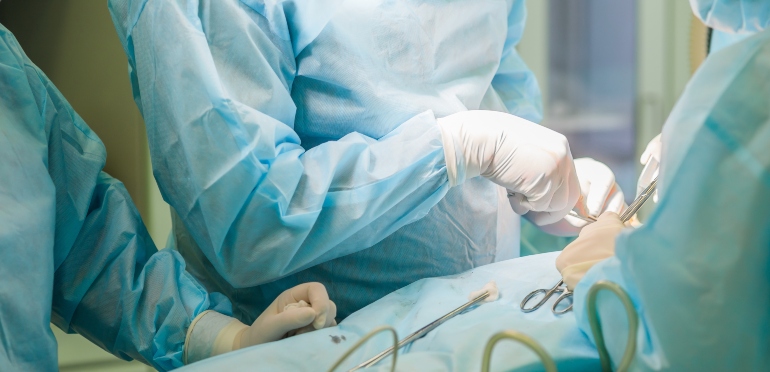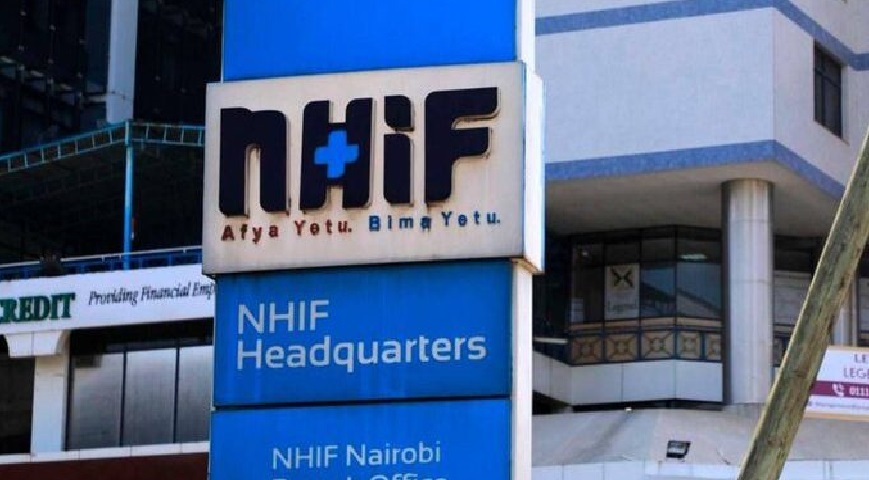According to research published on Monday, a man known as "the Düsseldorf patient" has reportedly become the third person to be declared HIV-free after a stem cell transplant that also healed his leukaemia.
Two cases of HIV and cancer were successfully treated with the high-risk procedure in the past in patients from Berlin and London.
The Duesseldorf patient's recovery process was made public in the Journal of Medicine.
The 53-year-old man, whose identity has not been made public, was diagnosed with HIV in 2008 and acute myeloid leukaemia. This blood condition carries a significant risk of mortality three years later.
He had a bone marrow transplant in 2013 using stem cells from a female donor who had a rare mutation in her CCR5 gene. The mutation blocks HIV from entering cells.
Did you read this?
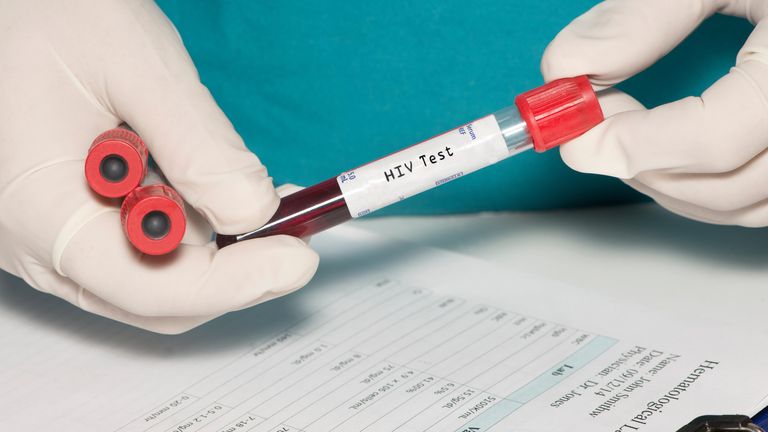
The Düsseldorf patient stopped using HIV antiretroviral drugs in 2018.
Consistent testing four years later disclosed no sign of HIV returning to his body.
The report states that this third HIV-1 cure case "provides valuable data that will hopefully improve future cure strategies."
- Celebrating 'in a big way' -
The patient expressed pride in the "global team of specialists who succeeded in healing me of HIV and of course, at the same time, of leukaemia" in a statement.
He said to have celebrated the tenth anniversary of his transplant on Valentine's Day last week "in a big fashion," with the donor serving as the "guest of honour."
The survival of two more HIV-positive cancer patients—the so-called New York and City of Hope patients—was announced at various scientific conferences last year. However, the data on those cases is not public.
Even though treatment for HIV has come after for a long time, the bone marrow transplant required in these situations is a complex and dangerous procedure that only makes it appropriate for a tiny percentage of patients with both HIV and blood malignancies.
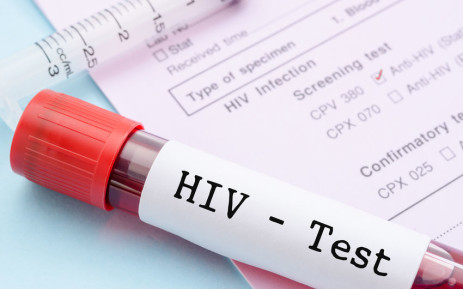
A significant hurdle is locating a bone marrow donor who carries the uncommon CCR5 gene.
According to Asier Saez-Cirion, a co-author of the study from the Pasteur Institute in France, "the patient's immune cells are entirely replaced by those of the donor after the transplant, allowing the great majority of the infected cells to depart."
He noted that it is a rare circumstance when all the elements come together for this transplant to be a successful treatment for both leukaemia and HIV.

